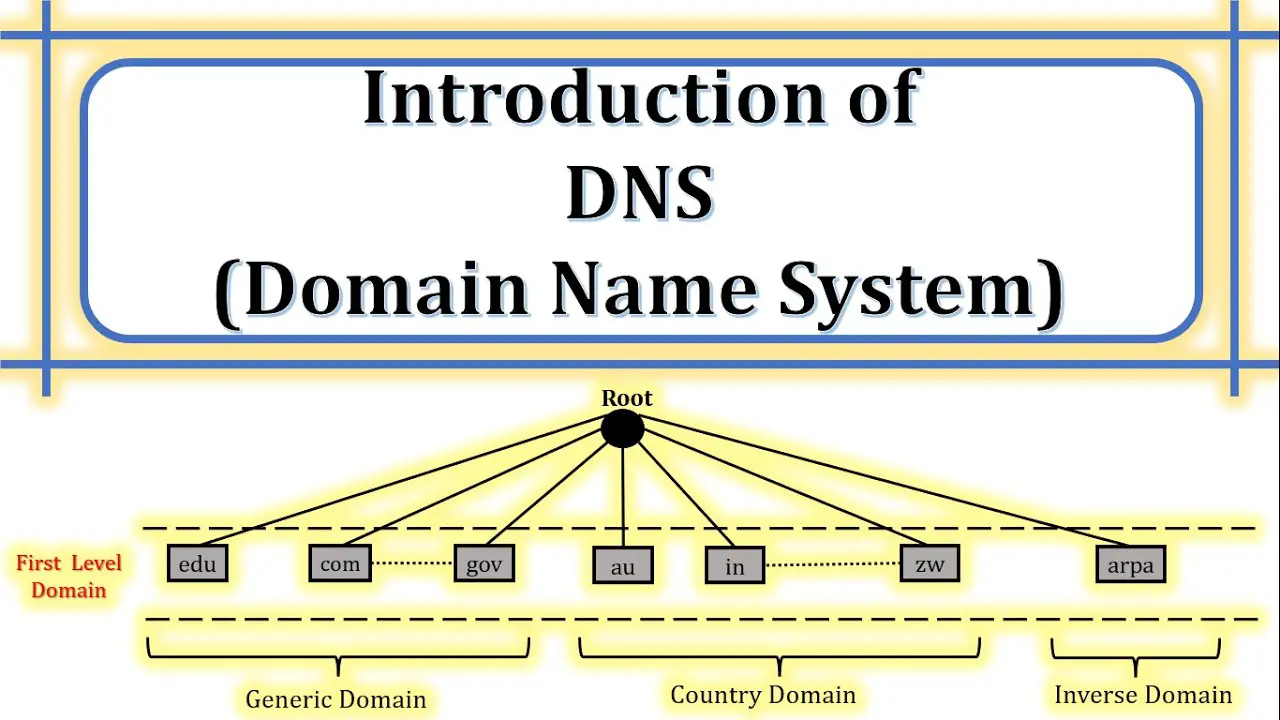Cloud computing is a technology that allows organizations to access and utilize a wide range of computing resources, such as servers, storage, databases, networking, software, and analytics, over the internet. These resources are hosted and maintained by third-party providers in data centers, eliminating the need for businesses to manage their own physical infrastructure.
For business leaders, cloud computing offers several key advantages. First, it provides scalability, enabling companies to easily adjust their computing resources to meet changing demands without major capital investments. Second, it promotes cost efficiency by shifting the burden of infrastructure management to the cloud provider, reducing operational expenses. Third, it enhances flexibility and agility, as cloud services can be quickly deployed and integrated into existing workflows. Lastly, it fosters collaboration, as employees can access data and applications from anywhere, facilitating remote work and global teamwork.
Cloud computing can also enhance data security and disaster recovery, as reputable providers invest heavily in safeguarding their infrastructure. Overall, it empowers businesses to focus on their core competencies while leveraging the latest technology without the constraints of traditional on-premises IT infrastructure.
In the ever-evolving landscape of technology, quantum computing stands out as a transformative force that promises to reshape the way businesses operate, innovate, and compete. Quantum computing is no longer the realm of science fiction; it is rapidly becoming a reality with profound implications for businesses across industries. In this article, we will delve deep into the world of quantum computing, exploring what it is, its current state, and its potential impact on business strategies.
I. Understanding Quantum Computing
1. Quantum Bits: The Fundamental Unit of Quantum Computing
To appreciate the power of quantum computing, one must first understand the concept of quantum bits, or qubits. Unlike classical bits, which can represent either a 0 or a 1, qubits exist in a superposition of states. This means that a qubit can represent 0, 1, or any combination of both simultaneously. This unique characteristic of qubits forms the foundation of quantum computing’s exponential processing power.
2. Quantum Mechanics and Quantum Gates
Quantum mechanics, the branch of physics that governs the behavior of particles at the quantum level, underpins quantum computing. Quantum gates are the quantum equivalent of classical logic gates, and they manipulate qubits to perform calculations. Quantum gates can create superpositions and entanglements, allowing for the parallel processing of vast amounts of data and complex problem-solving.
3. Quantum Superposition and Entanglement
Superposition allows qubits to explore multiple solutions to a problem simultaneously. Imagine a classical computer searching for a specific book in a vast library. It would check each book one by one. In contrast, a quantum computer in superposition would be reading all the books at once, dramatically speeding up the search process.
Entanglement is another phenomenon where two or more qubits become correlated in such a way that the state of one qubit instantly influences the state of the other, regardless of the physical distance between them. This property enables quantum computers to perform certain tasks, like factorizing large numbers, exponentially faster than classical counterparts.
II. The Current State of Quantum Computing
1. Quantum Hardware
- Quantum Processors Quantum processors are at the heart of quantum computers. Companies like IBM, Google, and Rigetti have made significant advancements in developing quantum processors. They come in various forms, including superconducting qubits, trapped ion qubits, and topological qubits, each with its own set of advantages and challenges.
- Quantum Memory Quantum memory is crucial for preserving the quantum state of qubits. Researchers are working on developing efficient quantum memory solutions, such as quantum error correction and quantum repeaters, to tackle the issue of qubit decoherence.
2. Quantum Software
Quantum software plays a critical role in making quantum hardware accessible to businesses. It includes tools for programming quantum computers, simulating quantum algorithms, and optimizing quantum circuits. Companies like Microsoft and IBM offer quantum software development kits (QSDKs) to help businesses experiment with quantum algorithms and applications.
3. Quantum Algorithms
- Shor’s Algorithm Shor’s algorithm, one of the most famous quantum algorithms, has the potential to break widely used encryption methods like RSA by efficiently factoring large numbers. While this poses a significant threat to cybersecurity, it also highlights the need for post-quantum cryptography.
- Grover’s Algorithm Grover’s algorithm accelerates database searching by providing a quadratic speedup over classical algorithms. This is particularly relevant for optimization problems and searching large datasets.
- Quantum Machine Learning Quantum computing’s ability to process vast amounts of data simultaneously has led to the development of quantum machine learning algorithms. These have the potential to revolutionize predictive analytics, pattern recognition, and decision-making processes.
4. Quantum Supremacy
Quantum supremacy refers to the point at which a quantum computer can perform a task that is practically impossible for classical computers to accomplish in a reasonable amount of time. Google claimed to have achieved quantum supremacy in 2019 with their 53-qubit quantum processor, Sycamore, when it solved a specific problem in just 200 seconds, a task that would take the world’s most advanced supercomputers thousands of years.
5. Quantum Cloud Services
To make quantum computing accessible to businesses that lack the resources to build and maintain their quantum infrastructure, companies like IBM, Amazon, and Microsoft have introduced quantum cloud services. These platforms allow users to access quantum computers over the cloud, providing businesses with on-demand quantum computing resources.
III. Quantum Computing Applications in Business
1. Optimization and Simulation
Quantum computing’s parallel processing capabilities make it ideal for solving complex optimization problems, such as route optimization, resource allocation, and portfolio optimization. Businesses in logistics, manufacturing, and finance can harness quantum computing to enhance decision-making processes.
2. Cryptography and Cybersecurity
The threat of quantum computing to current encryption methods has led to a growing interest in post-quantum cryptography. Organizations are actively researching and developing quantum-resistant cryptographic techniques to ensure data security in a quantum-powered world.
3. Drug Discovery and Healthcare
Pharmaceutical companies are using quantum computing to accelerate drug discovery by simulating complex molecular interactions. Quantum computing can also optimize clinical trial designs, predict disease outbreaks, and enhance personalized medicine through genomics analysis.
4. Supply Chain and Logistics
Efficient supply chain management is critical for businesses in various industries. Quantum computing can help optimize routes, reduce transportation costs, and streamline inventory management, ultimately leading to cost savings and improved customer satisfaction.
5. Financial Services and Risk Assessment
In the financial sector, quantum computing can be a game-changer for risk assessment, fraud detection, and algorithmic trading. Its ability to process large datasets and complex models in real-time can lead to more informed investment decisions and reduced financial risks.
6. Artificial Intelligence and Machine Learning
Quantum computing holds the potential to revolutionize artificial intelligence and machine learning. It can significantly speed up training times for machine learning models, making AI systems more efficient and capable of handling more complex tasks.
IV. Quantum-Ready Businesses: Preparing for the Quantum Leap
1. Identifying Quantum-Ready Industries
Certain industries, such as finance, pharmaceuticals, logistics, and cybersecurity, are more susceptible to the disruptive impact of quantum computing. Recognizing your industry’s quantum readiness is the first step in preparing for the quantum leap.
2. Early Adopters and Their Success Stories
Several pioneering companies have already started exploring the possibilities of quantum computing. Case studies and success stories from early adopters can provide valuable insights into the practical applications and benefits of quantum computing.
3. Building Quantum Talent and Expertise
Quantum computing is a complex field that requires specialized knowledge. Businesses should invest in training and recruiting quantum experts to leverage this technology effectively.
4. Evaluating the Return on Quantum Investment
Quantum computing represents a substantial investment, both in terms of capital and time. It’s essential for businesses to assess the potential returns and weigh the benefits against the costs before embarking on their quantum journey.
5. Regulatory and Ethical Considerations
The use of quantum computing may raise ethical and regulatory concerns, especially in areas like cryptography and data privacy. Businesses must stay informed about evolving regulations and adhere to ethical guidelines to ensure responsible use of quantum technology.
V. The Future of Quantum Computing in Business
1. Quantum Internet and Secure Communications
The development of a quantum internet will enable ultra-secure quantum communication. Businesses can benefit from quantum key distribution, protecting their data from eavesdropping and ensuring secure communications.
2. Post-Quantum Cryptography
The post-quantum cryptography landscape will continue to evolve as businesses adapt to the changing cybersecurity landscape. Quantum-safe cryptographic techniques will become increasingly important.
3. Quantum-Enhanced Machine Learning
Quantum machine learning will advance, leading to the development of more powerful AI systems with the ability to process complex data at unprecedented speeds. This can revolutionize industries like healthcare, finance, and manufacturing.
4. Quantum Computing for Small and Medium Enterprises
As quantum computing technology matures, it is likely to become more accessible to small and medium-sized enterprises. Quantum cloud services and quantum-as-a-service offerings will democratize access to quantum computing resources.
5. Quantum-Enabled Sustainability Solutions
Quantum computing can contribute to solving complex sustainability challenges, such as optimizing renewable energy sources, reducing emissions, and enhancing resource management.
Conclusion
Quantum computing is on the verge of becoming a reality, and its potential to disrupt traditional business models and strategies cannot be underestimated. Business leaders should start preparing for the quantum leap by understanding the technology, identifying opportunities, and staying abreast of developments in this rapidly evolving field. Embracing quantum computing can position businesses at the forefront of innovation, enabling them to solve problems that were once considered insurmountable and ushering in a new era of competitiveness and growth. The quantum future is approaching; the time to embrace it is now.







Leave a Reply